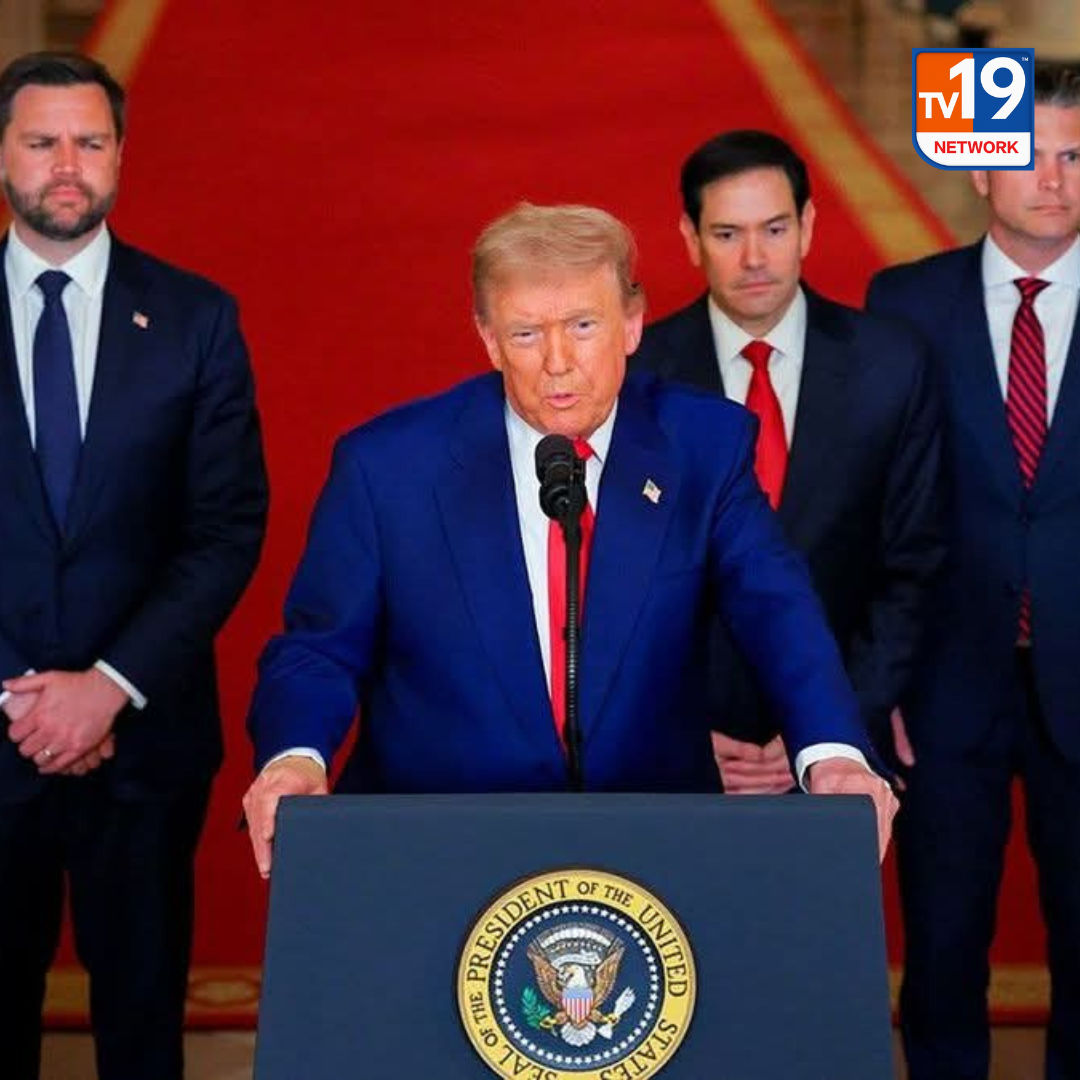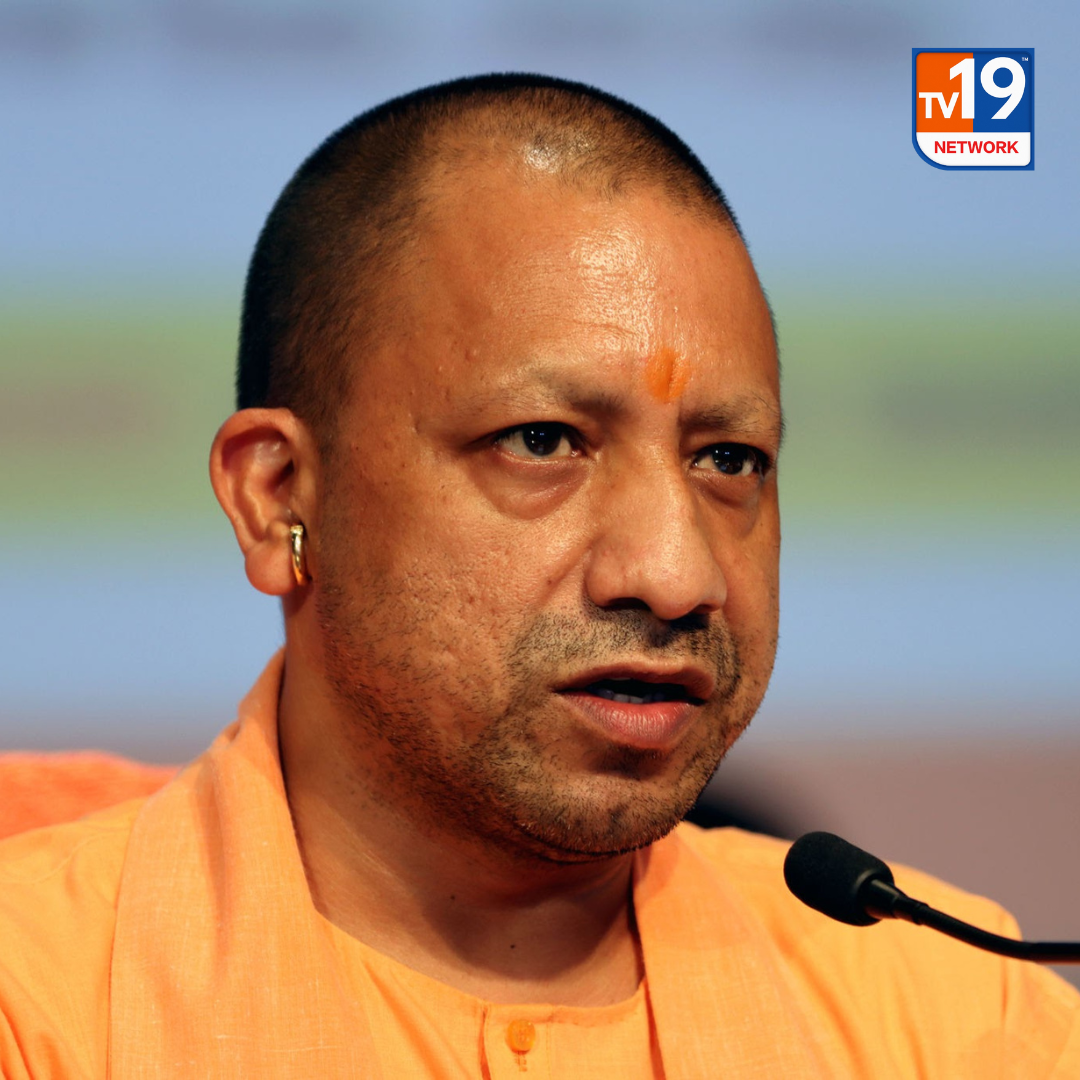German Federal Elections. A Defining Moment for European Political Landscape
Berlin - As Germany heads to the polls today, the world watches closely. This federal election is not just about selecting a new government; it is a litmus test for the future direction of Europe’s largest economy. With the backdrop of global economic uncertainty, rising energy concerns, and increasing far-right influence, the outcome could have far-reaching consequences beyond Germany’s borders.
Germany has seen growing political fragmentation over the past decade. The traditional dominance of the Christian Democratic Union (CDU) and Social Democratic Party (SPD) has been increasingly challenged by newer forces, including the far-right Alternative for Germany (AfD) and the Greens. Recent opinion polls indicate a tight race, with no single party likely to secure a majority, making coalition-building inevitable.
One of the most significant factors in this election is the rising popularity of the far-right AfD, which has gained ground by capitalizing on economic frustrations, immigration concerns, and nationalist sentiment. If the AfD secures substantial parliamentary influence, it could shift Germany’s policies on immigration, climate action, and European Union (EU) integration—sparking tensions within the EU.
Germany’s next government will inherit a challenging economic landscape. The country has struggled with stagnant growth, inflation, and energy transition issues following the war in Ukraine. The transition away from Russian gas has led to soaring energy costs, impacting industries and households alike. How Germany’s new leadership handles these issues will shape its role in the EU and global economy.





